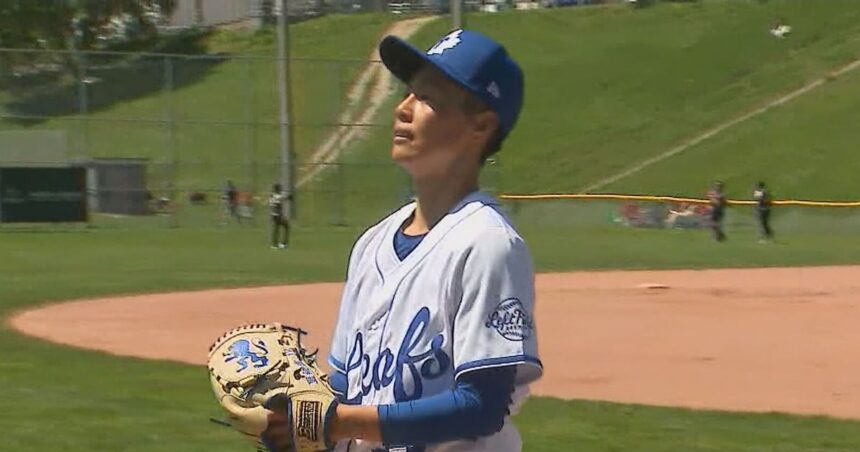The crack of the bat, the roar of the crowd, and history unfolding on a diamond in Quebec. When Ayami Sato took the mound for the Québec Capitales this week, she wasn’t just pitching a baseball game—she was shattering a ceiling that has stood for generations. As the first woman to play in a Canadian professional men’s baseball league, Sato’s debut transcends sport, marking a watershed moment that resonates far beyond the confines of the ballpark.
At 34, the Japanese right-hander brings impeccable credentials to her groundbreaking role. With seven Women’s Baseball World Cup MVP awards and a reputation as possibly the greatest female pitcher in history, Sato’s presence in the Frontier League isn’t a publicity stunt or token gesture—it’s the recognition of extraordinary talent that has earned its place at the highest levels.
“The world is watching,” Capitales manager Patrick Scalabrini noted after announcing her signing, a statement that captures both the pressure and promise of this moment. What makes Sato’s achievement particularly compelling is the journey it represents—not just her personal path from Japan to Quebec, but the broader narrative of women fighting for legitimacy in spaces historically reserved for men.
Baseball, perhaps more than any other major sport, remains deeply entrenched in tradition. While women have made significant inroads in basketball, soccer, and hockey, baseball has maintained particularly rigid gender barriers. The ghost of the All-American Girls Professional Baseball League, which folded in 1954, has lingered as both inspiration and reminder of opportunities denied. When Sato fires her first competitive pitch, she connects with that legacy while forging something entirely new.
Her debut comes at a fascinating inflection point for women in baseball. Kim Ng recently served as general manager for the Miami Marlins, becoming the first woman to hold that position in MLB history. The Boston Red Sox appointed Bianca Smith as the first Black female coach in professional baseball. And now Sato takes her place on the mound, not in a women’s league or as a coach, but as a competitor directly challenging men on their own terms.
The significance extends beyond representation. As CO24 Culture has explored in previous coverage of gender barriers in sports, these moments create ripple effects that transform cultural expectations. Young girls watching Sato pitch see tangible proof that the path exists. Boys witness firsthand that talent and competitive fire aren’t gendered qualities.
What makes this particularly powerful is that Sato isn’t just participating—she’s excelling. With a diverse pitch arsenal and pinpoint command, her skill set is legitimate at the professional level. This matters immensely. The most effective way to dismantle stereotypes isn’t through symbolic gestures but through performance that demands respect on its merits.
Of course, the pressure is immense. Every pitch, every at-bat, every result will be scrutinized through the lens of gender. A bad outing risks unfair extrapolation about women’s abilities broadly. This burden of representation—the knowledge that you’re playing not just for yourself but for countless others who might follow—adds weight to each windup.
The CO24 Trends department has tracked the growing visibility of women in traditionally male sports spaces, but baseball has been conspicuously slower to evolve. Sato’s breakthrough represents a genuine inflection point—not the completion of a journey toward equality, but a critical milestone along the way.
In Quebec, where the Capitales have fostered a reputation for innovation and community connection, the setting seems particularly appropriate. The province’s distinct cultural identity within Canada provides an interesting backdrop for this international milestone. There’s something poetically fitting about boundaries being redefined in a place that has always maintained its own unique relationship with tradition and identity.
The broader context of women’s baseball development globally adds another dimension to this story. While North America has largely channeled female baseball players toward softball, Japan has maintained a more robust women’s baseball infrastructure. Sato’s crossover success challenges the artificial dividing line between these sports and questions whether softball’s










